New pubs opening soon


Walham Green, Fulham
New pub
Now open
Address: 472 Fulham Road, Hammersmith & Fulham, SW6 1BY
One minute’s walk from Fulham Broadway station.
This distinctive property comprises the grade II listed former entrance building and ticket hall of Fulham Broadway tube station. Designed by the railway company architect Harry W Ford, the Edwardian baroque-style entrance was built in 1910 on the site of the original station entrance, which first opened on 1 March 1880. The station was called Walham Green, after the village which occupied what is now Fulham Broadway. Over 70 years later (in 1952), the name was changed to Fulham Broadway.
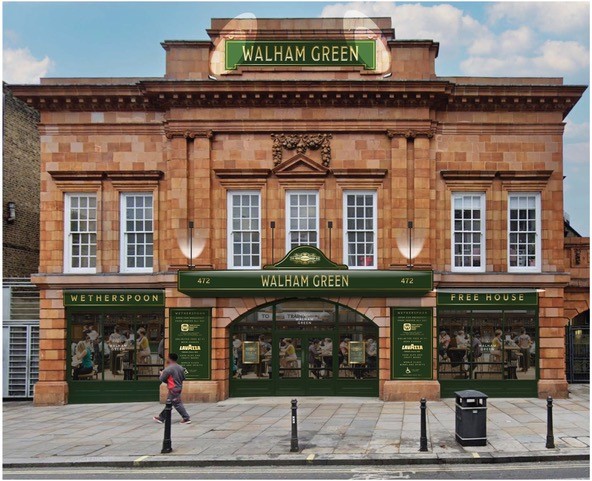
The Dictum of Kenilworth, Kenilworth
New pub and beer garden
Opening: Tue 29 July
Address: 18–24 The Square, Kenilworth, CV8 1EB
On 31 October 1266, a pronouncement was issued (Dictum de Kenilworth) to reconcile the rebels of the Second Barons’ War with the royal government of England. After the baronial victory at the Battle of Lewes (1264), Simon de Montfort had taken control of the royal government, but was later killed at the Battle of Evesham (1265), with Henry III restored to power. However, a group of rebels, whose resistance proved difficult to crush, held out in the stronghold of Kenilworth Castle.
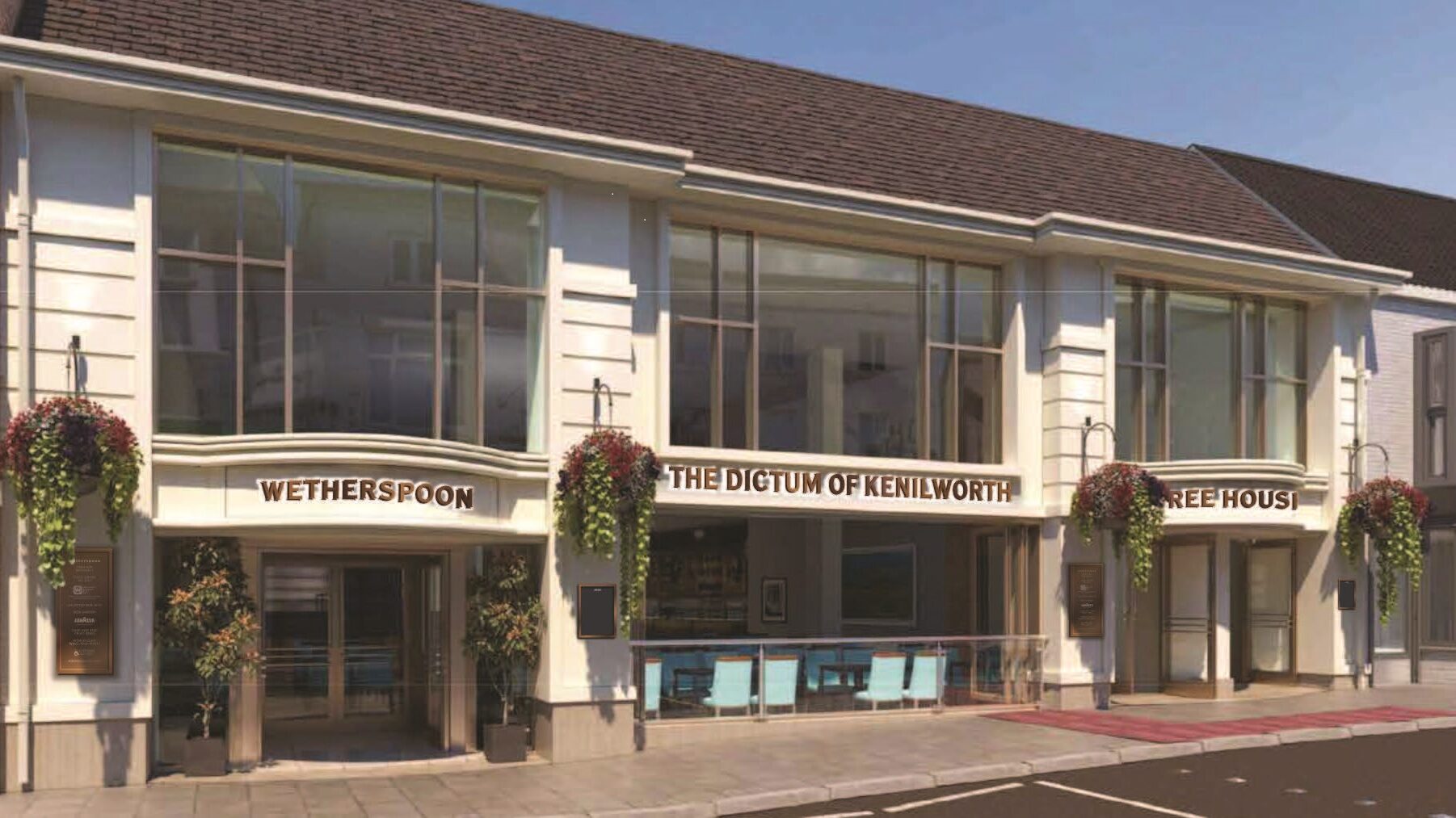
The Sun Wharf, London Bridge
New pub
Opening: Tue 2 September
Address: 50 Tooley Street, Southwark, SE1 2TF
Next to London Bridge station’s entrance.
48–50 Tooley Street are distinctive brick arches. Until 2013 (almost 40 years), this had been The London Dungeon. The arches were occupied by importers and provision agents, whose livelihoods depended on the warehouses opposite. Many have survived (Hay’s Wharf, now Hay’s Galleria). Fenning’s Wharf and Sun Wharf were replaced (in 1984/85) by the huge No.1 London Bridge complex. During that site’s redevelopment, a Bronze Age burial mound was unearthed.
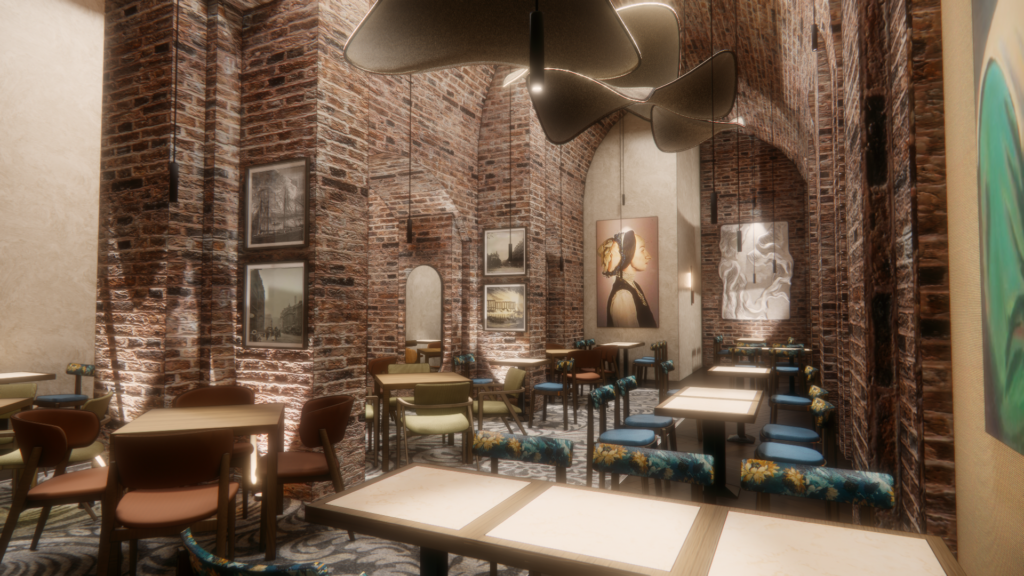
Sigered, King of Essex, Basildon
New pub and beer garden
Opening: Tue 30 September
Address: 8–10 East Walk, Basildon, SS14 1HG
As a place name, Basildon’s origin is Saxon, meaning ‘Beorthel’s Hill’. During the 7th century, the area was part of the Kingdom of the East Saxons – now referred to as the Kingdom of Essex. It was then one of the seven Anglo-Saxon kingdoms of England. During c604–616, it was ruled by Sebert, thought to have been buried at Great Burstead, now part of the Basildon district. The last King of Essex was Sigered, reigning during 798–825.
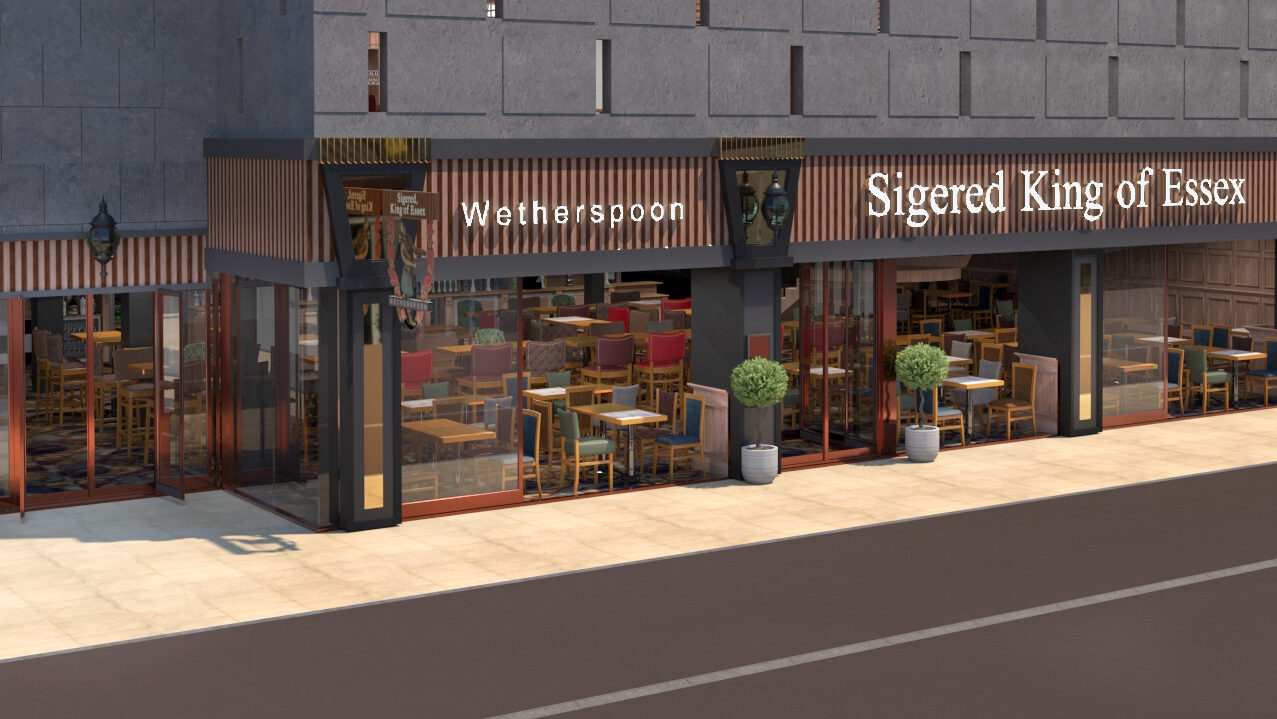
The Sir Alexander Fleming, Paddington
New pub and beer garden
Opening: Tue 23 September
Address: Unit 53, 5 Merchant Square, Paddington Basin, London, W2 1AS5
Five minute’s walk from Paddington station.
Queen Mary’s Hospital, near Merchant Square is where the eminent physician Sir Alexander Fleming ‘discovered’ Penicillin. 5 Merchant Square rises high above Paddington Basin, which was built as the terminus of the Grand Junction Canal. The new waterway opened for traffic, in 1801, with the waving of flags, ringing of bells and the firing of canons. The canal brought goods in bulk from the industrial Midlands to what was then the edge of the capital, from where they were also exported.
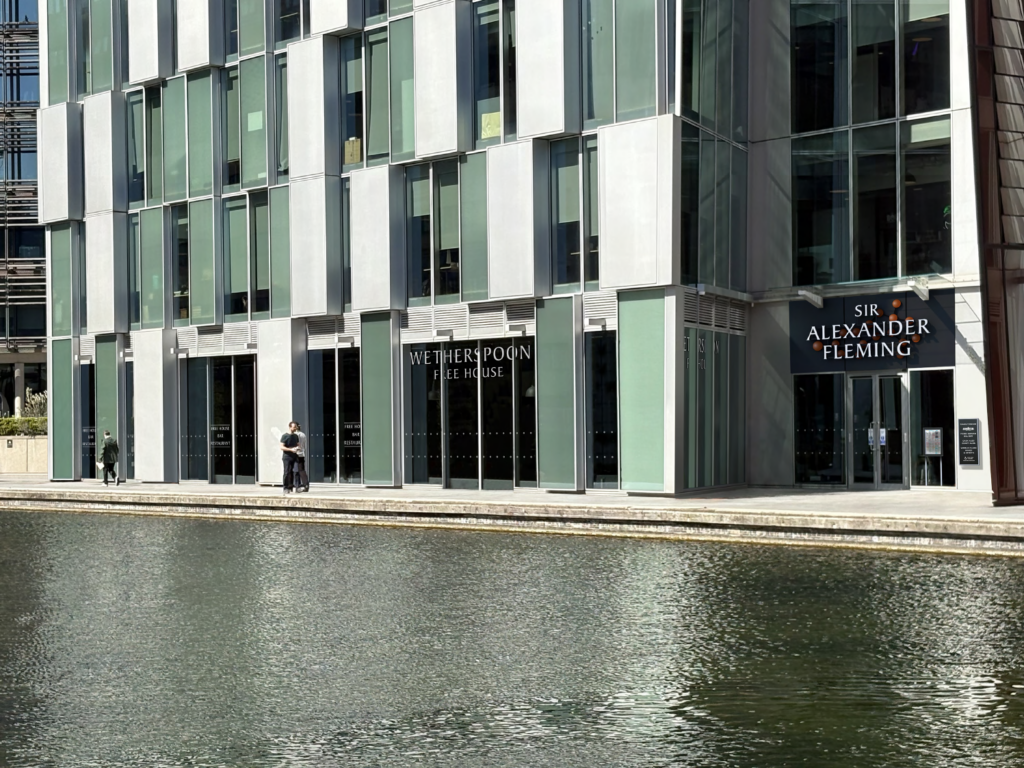
The Chiltern, Beaconsfield
New pub and beer garden
Opening: Tue 2 December
Address: 12 Station Road, Beaconsfield, HP9 1NL
The first film shown at the 500-seat Picture House was a silent war film – Mare Nostrum, soon after which ‘talkies’ were introduced. In the mid 1950s, the cinema’s capacity was reduced to accommodate a new wide screen. In 1961, it was purchased by the local council and ‘extensively modernised’ soon afterwards. It was also renamed The Chiltern. The cinema closed its doors on 29 September 1989 for the last time, with the site sold five years later.
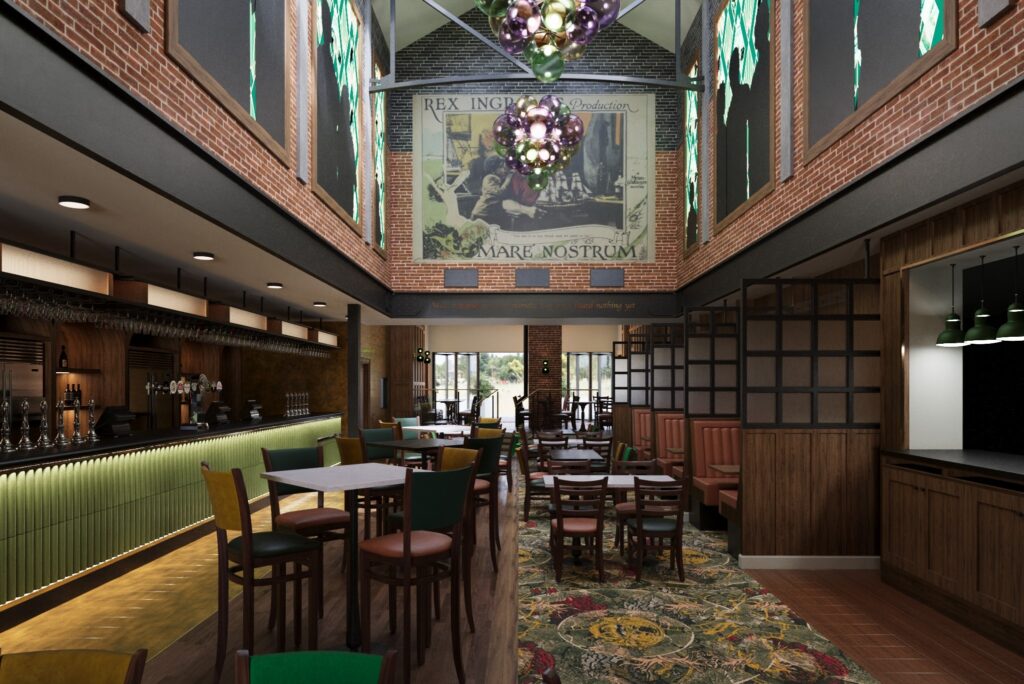
Dates are subject to change.





